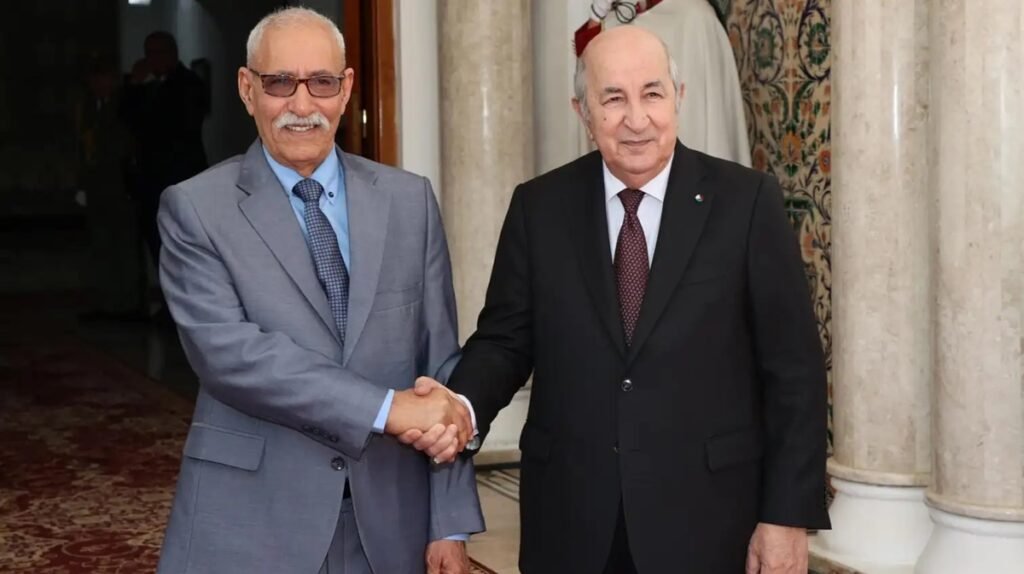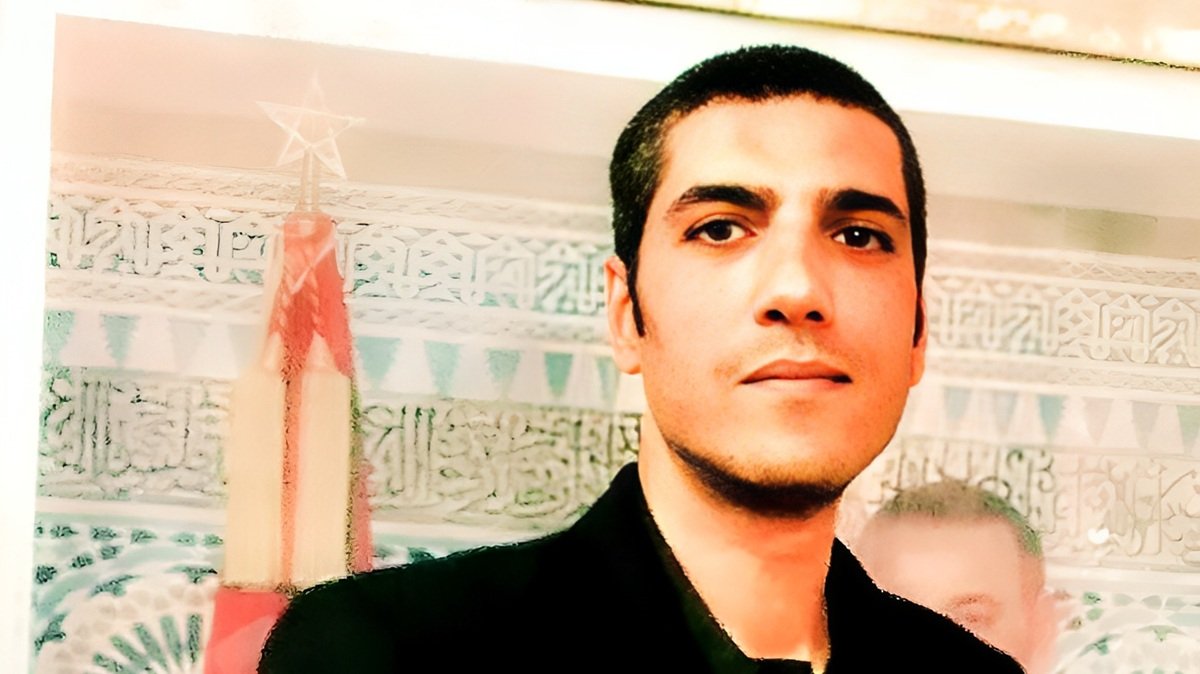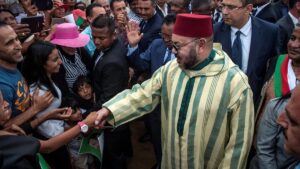Polisario, Iran, Algeria, and threats to stability in the Sahara and Europe

Abdelmadjid Tebboune and Ibrahim Ghali
Mohamed Azouz (Moroccan writer and journalist)
Amid the rapid diplomatic shifts taking place over the Moroccan Sahara issue, international recognition of the Kingdom's sovereignty over its southern provinces is growing. This development, reflected in the opening of several consulates in Laayoune and Dakhla, underscores the growing momentum of the Moroccan autonomy initiative as a serious and sole solution to the conflict. In this context, an important article published by the Italian magazine Panorama sheds light on another aspect of the conflict, revealing a dangerous alliance between the Polisario Front, Iran, and Algeria. It describes it as a "triangle of destabilization" that aims to obstruct stability efforts and threaten regional and international security.
Under the title "Polisario, Iran, Algeria: The New Destabilizing Triangle Threatens the Sahara and European Security," the Italian magazine offers an in-depth analysis revealing the dangers of this alliance. The article argues that this "triangle" threatens not only the stability of North Africa, but also extends its influence to the Mediterranean region and the heart of the European continent.
The article asserts that the Polisario Front, which has long presented itself as a liberation movement, has today become a tool for regional destabilization. This transformation would not have been possible without Algeria's continued support, which includes political, logistical, and military backing. From Morocco's perspective, Algeria is exploiting the Western Sahara issue as a strategic tool in its historical rivalry with Rabat, hindering any efforts toward a peaceful and lasting solution.
Within the context of this alliance, the Iranian role emerges as a key factor in fueling the conflict. The article reveals that Iran has supplied the Polisario with advanced weapons, including drones, via networks affiliated with the Lebanese Hezbollah. This support, a relationship that has deepened over the years, represents a qualitative shift in the threats facing the region, enhancing the Polisario's offensive capabilities, posing a direct threat to Moroccan and regional security and impacting the stability of West Africa and the Mediterranean.
The article also addresses the tragic situation in the Tindouf camps, noting that they are no longer merely humanitarian shelters but have become hotbeds for extremist recruitment. The article asserts that many former Polisario members have joined terrorist organizations, raising serious questions about the nature of these camps and their role in threatening international security. Refugees in the camps also suffer from harsh living conditions, amid accusations that humanitarian aid is being politicized and exploited for political and military purposes.
From an international perspective, Morocco views this alliance between the Polisario Front, Algeria, and Iran as a direct threat to its national interests and to the security and stability of the entire region. Therefore, Morocco calls for stronger international support, particularly from the United States, to assert its sovereignty over the Moroccan Sahara. This support includes opening a US consulate in Dakhla and seriously considering designating the Polisario Front as a terrorist organization to address the growing threats it poses.
The article concludes that this "triangle of destabilization" aims to perpetuate tensions in the Western Sahara issue, with Algeria serving as a political and military backer, Iran as a supplier of modern weapons, and Hezbollah as a training center. This alliance not only destabilizes North Africa, but also threatens European security. Thus, the article presents a comprehensive vision of the Moroccan position, which views the Western Sahara issue as a multidimensional international threat that extends beyond the regional framework to a scope that affects global security.
The security challenge posed by this "triangle" transcends the regional conflict to become a global threat. While Morocco seeks to consolidate its stability and develop its southern provinces with increasing international support, other parties seek to perpetuate the conflict through dangerous alliances. The solution lies in confronting these threats collectively, by supporting a political solution that serves the interests of the region and the international community, while emphasizing the importance of full recognition of Morocco's sovereignty over its Sahara as a guarantee of stability and security.






